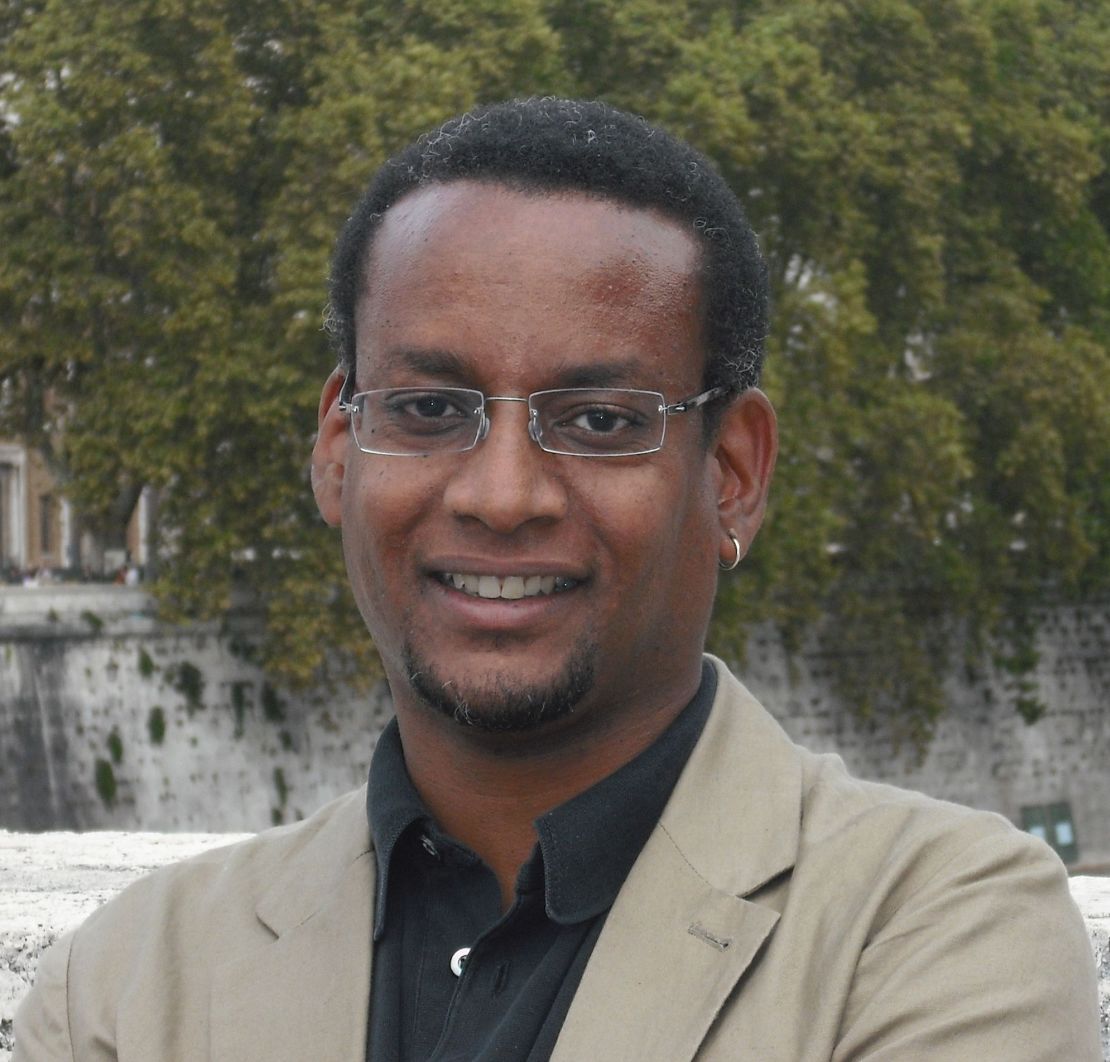Editor’s Note: Vince Warren is the executive director of the Center for Constitutional Rights, a nonprofit legal and educational organization that works to protect rights guaranteed by the U.S. Constitution and the Universal Declaration of Human Rights. CCR represented clients in two Guantanamo Supreme Court cases and coordinates the work of hundreds of pro bono attorneys representing prisoners there.
Story highlights
Vince Warren: It took 100 men on a hunger strike for Obama to remember he must close Gitmo
Warren: Starving is the only way inmates can protest being held 11 years with no charges
Obama sent more staff to force feed hunger strikers, which is considered torture, he says
Warren: Obama has authority to close prison, it's a ruse that Congress prevents him
It has taken almost three months and more than 100 men embarking on a life-threatening hunger strike for President Obama to remind himself and the nation why the prison at Guantanamo Bay needs to be closed.
Self-starvation is excruciating, but as one of our clients expressed, this is the only way the men at Guantanamo have left to tell the world what it means to be unjustly detained without charge or trial for more than 11 years with no end in sight.

The starvation protest, which began in February, has created headlines around the world. Of the 100 men, 23 are being force fed to keep them alive. As you read this, it’s likely that some of the men are being dragged from their cells, strapped to restraint chairs, and a rubber tube inserted up their nose and into their stomachs to pump in liquid dietary supplement. One of the men described the traumatic experience to his attorney as having a razor blade go down through your nose and into your throat.
Last week, 40 additional military medical personnel were sent to Guantanamo to assist with the force-feedings, a practice that the American Medical Association condemned as a violation of “core ethical values of the medical profession” and the United Nations condemned as torture and a breach of international law.
Force-feedings at Guantanamo are nothing new, and much like indefinite detention, the practice has come to define the prison. In 2005, when the first mass hunger strike at the prison took place, the Bush administration also responded by having medical personnel force-feed the men.
Back then the men were fighting for due process and access to attorneys; eight years later and with more than half the prison population cleared for release by the Obama administration itself, the men are asking for an end to their indefinite detention.
As President Obama said last week, the prison is “not necessary to keep America safe. It’s expensive, it’s inefficient, it hurts us in terms of international standing, it lessens cooperation with our allies in counterterrorism efforts.”
It is also illegal and inhumane, as the United Nations’ top independent human rights experts and the international human rights body with jurisdiction over the United States, the OAS’s Inter-American Commission on Human Rights, reminded the president.
I would like to believe that if the president could see what lawyers at my organization have witnessed during visits with our clients in the last few weeks, he would act without delay to make good on the promise he made to close Guantanamo Bay four years ago.
The toll that starvation and the violence of force-feedings have taken on the men is painful to see. They have lost 30 to 40 pounds, they look skeletal, and many are losing consciousness and coughing up blood. Last we heard, one of our clients weighed 90 pounds.
I’d like to believe that if President Obama knew a man like Djamel Ameziane, he would understand that closing the prison is not a matter of political expediency but life or death.
Djamel has been cleared for release, the government has said there are no “military rationales” for detaining him further, and other countries have expressed an interest in resettling him because he fears persecution in his home country of Algeria. Yet he continues to languish in a cell years later. What does that do to a man’s spirit?
The president said he continues to believe “we’ve got to close Guantanamo.” But believing is not enough. Believing in the president and having their hopes for justice raised and dashed so many times since the order to close Guantanamo was first signed in 2009 is what drove the men at Guantanamo to put their lives on the line with this hunger strike.
Guantanamo is back in the news in a serious way for the first time in years, and it is the men themselves who have succeeded in putting it there, using the only peaceful means they have available to them to demand their lives back.
The president has more staff members force-feeding men whom his own administration cleared for release than he has working to transfer them out.
It should not take the inevitable deaths that will follow from this crisis for the president to act. He must stop pretending Congress is preventing him from doing anything. Right now he has the authority that Congress provided under the National Defense Authorization Act to start transferring the men who have been cleared using a national security waiver.
He also has the power to lift his self-imposed moratorium on transfers to Yemen. Collective punishment based on nationality is as illegal as indefinite detention.
The president said the right things last week. He has said the right things before. All it takes now is the humanity and the will to act and end the horror that is Guantanamo prison.
Follow @CNNOpinion on Twitter.
Join us at Facebook/CNNOpinion.
The opinions expressed in this commentary are solely those of Vincent Warren.




